Many Chinese tourist attractions have implemented strict management of undeveloped areas to keep travelers away from potential safety hazards after a number of fatal accidents at some disused attractions or places that are off-limits to tourists.
The Mount Tai Management Committee in Shandong province recently prohibited people from using unauthorized entrances to access the attraction for the purposes of tourism, scientific research, education or film production.
It said travelers who find themselves in danger after trespassing in the attraction's untapped or undeveloped areas without permission will still be rescued promptly, but they will have to pay the rescue bills themselves.
Those entering the attraction without authorization will also be subject to fines ranging from 100 to 5,000 yuan ($14 to 689) as outlined in a national regulation on nature reserve protection. They will be held criminally responsible if their actions constitute a crime.
Earlier this month, two travelers drowned in a river at Shiren Canyon, a disused attraction in Taizhou, Zhejiang province.
In a short video posted online, a female traveler is seen falling as she tries to cross the river while holding a rope, and a man then tries to help her. They were swept away by the rapid river and later found dead downstream.
The canyon used to be a paid scenic spot but hasn't been used for many years. Its remaining facilities such as trails and hanging bridges have made it popular among hikers, reported Shangyou News, a news outlet headquartered in Chongqing. Local weather forecasters warned of rainstorms a day before the accident occurred.
According to a recent report by the China Adventure Association, there were 425 accidents during outdoor adventures last year that left 182 people dead or missing and 320 injured.
Shi Yan, 31, who works at a pharmaceutical company in Beijing, said she loves hiking and usually explores new routes with her friends on weekends.
"It's very dangerous though," she said. "My friends are experienced in outdoor adventure and have very sound knowledge of emergency rescue, but we never go to off-limits places or those undeveloped areas."
Shi said she used to see some posts introducing untapped destinations on the Xiaohongshu social media platform.
"That's very irresponsible, as these posts may mislead amateurs to venture into dangerous places with potential risks out of curiosity," she said.
China has tightened supervision and management of undeveloped or disused tourism areas and online platforms containing information about such places.
At a conference earlier this month, the Ministry of Emergency Management urged local authorities to monitor and supervise undeveloped or disused tourism areas, and enhance safety guidance and emergency handling capabilities for dealing with possible accidents.








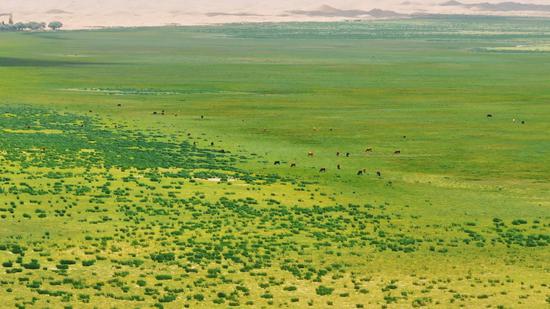



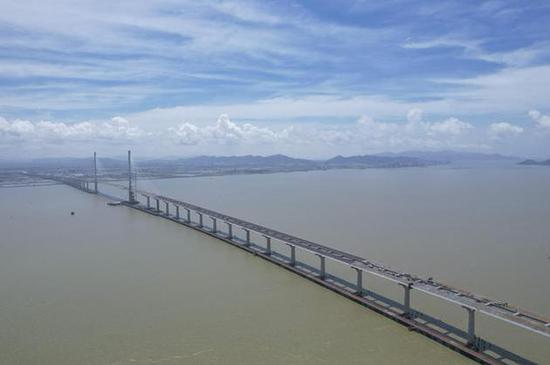
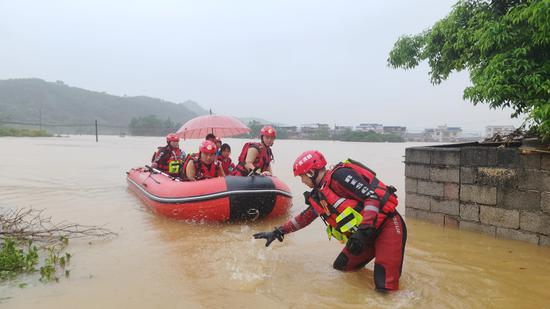







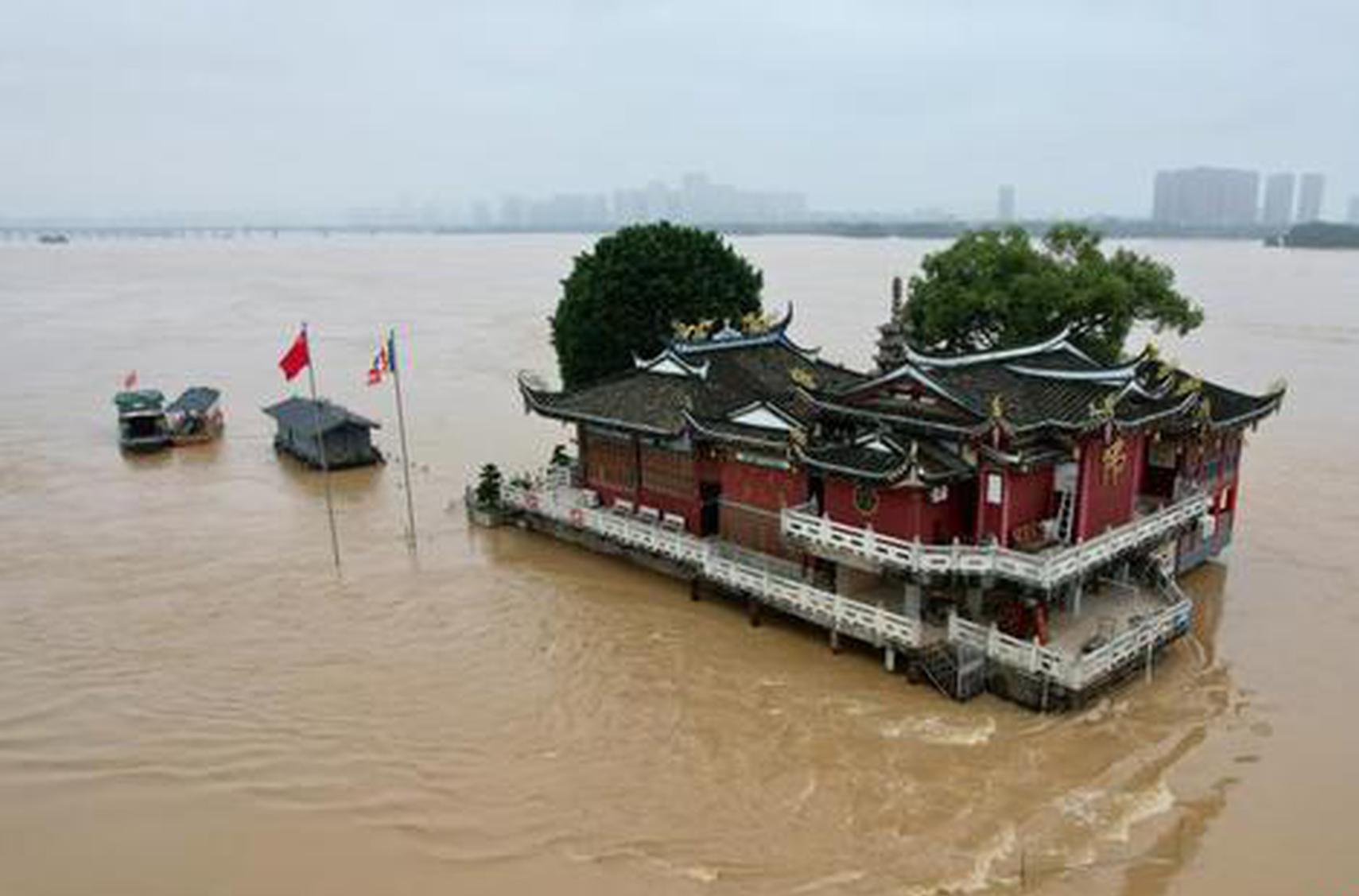







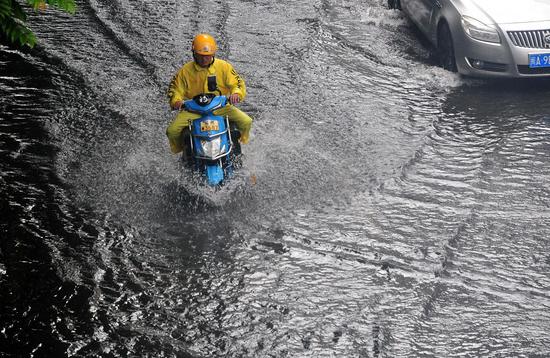
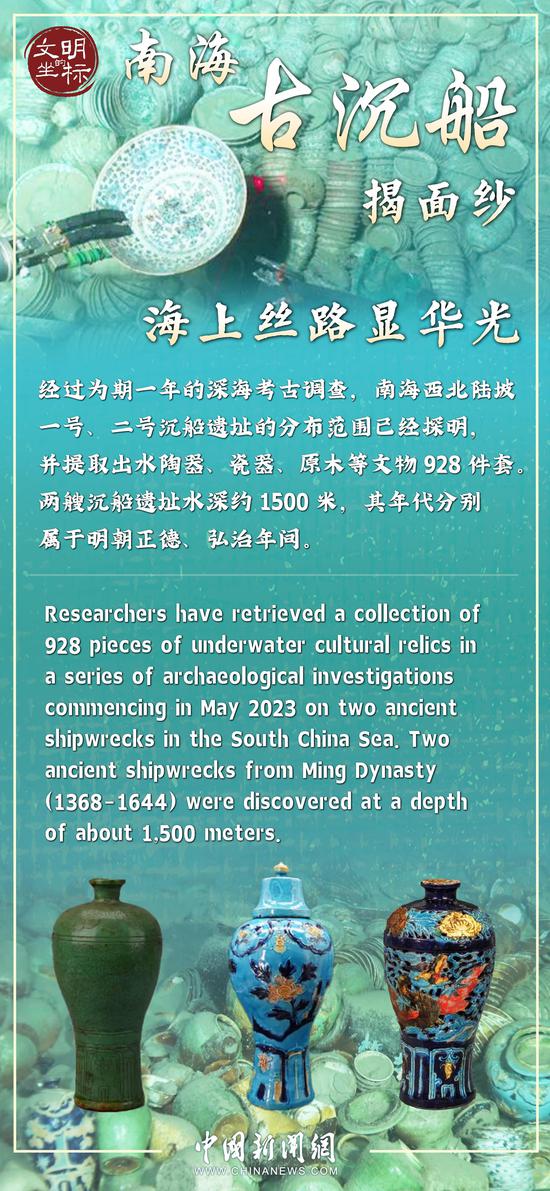


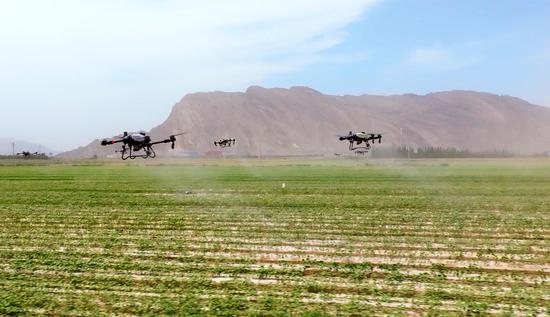





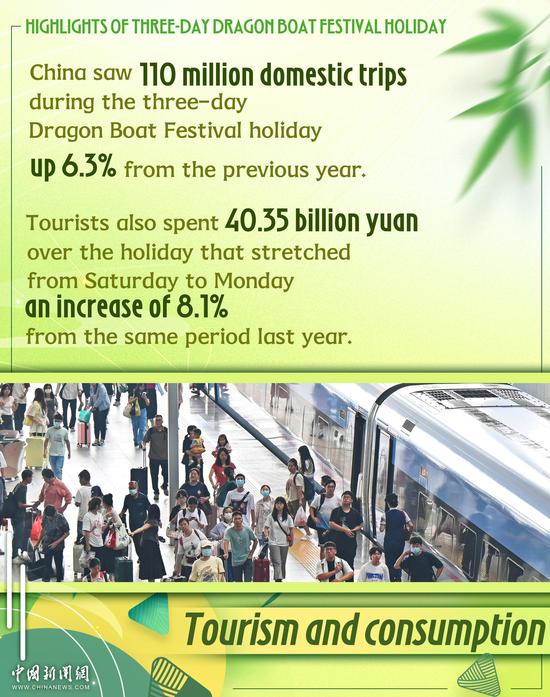


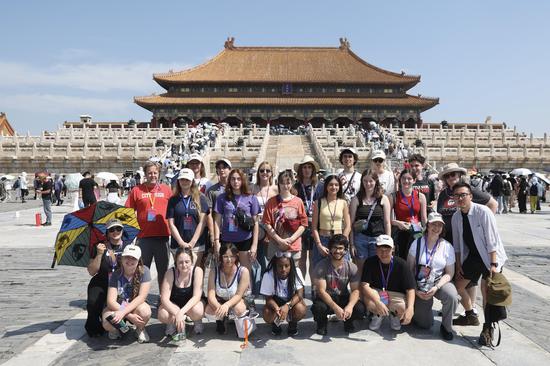
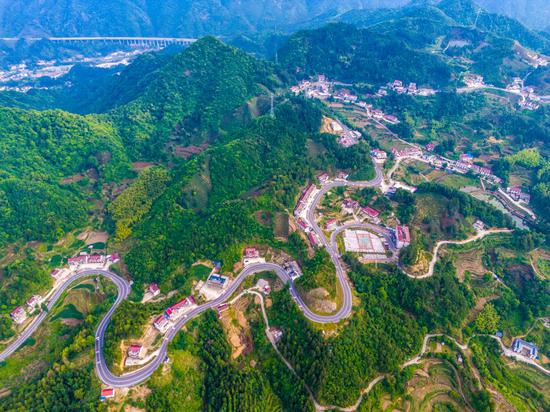
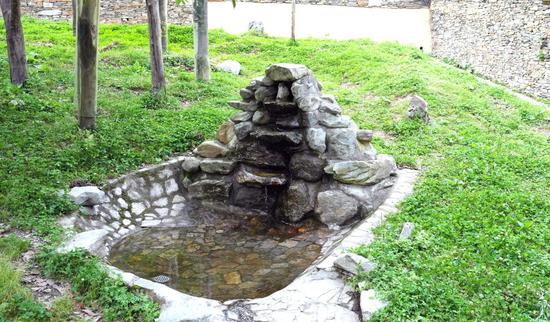





 京公网安备 11010202009201号
京公网安备 11010202009201号